Does It Count If No One Sees It? Reflections Through Social Media
Does It Count If No One Sees It?
I’ve been pondering on this question for a while now.
It’s a slightly philosophical, perhaps even theological question, though I’m no expert in either. It's deliberately open, a quiet wondering that surfaced in my mind and asked for my attention.
Social media, and our role in showing ourselves and our lives online, whether it’s personal or under the umbrella of a business or brand, has always fascinated me.
I have my own weird and wonky relationship with social media - sometimes loving its ability to showcase who I am and what I do in such refined focus. Other times, I resent how easily it invites comparison, and how quickly I can lose my footing through the profiles of someone else’s story.
One thing I’ve noticed, again and again, is the subtle thread of covert narcissism. Not in the psychological sense, but in the mythological one. Like the tale of Narcissus, who was so enchanted by his reflection in the still water that he wasted away beside it.
Today, the still water is often a phone screen. Are we all at risk of wasting away beside it, obsessively scrolling as we seek to validate ourselves through the screen?
I love Greek mythology, and this is story telling at its finest, showcasing how self-obsession can lead to ruin. While we all know that vanity is one of the seven sins (if we’re heading down the biblical path) but underneath vanity, is there not simply a desire to love our reflection.
In the Soul Contract work there is a number heavily related to how we perceive our own beauty - on the inside and on the outside - and it’s the 22-4. This is a powerful number, but it often comes with the challenge of learning to love our beauty. Quite often, people with this number can unknowingly reject themselves. They may wish they looked different, and may try and alter their appearance, not realising that they are here to recognise their inherent beauty both internally and externally.
We can easily see this playing out on social media through how people alter their appearance - whether through filters, plastic surgery, careful posing or make-up.
The social currency of social media
But this question ‘does it count if no one sees it?’ isn’t just about social media. It’s about how modern technology keeps pushing us to document, post, share, and frame our lives. We are encouraged to constantly capture every moment, churning out content that society applauds and rewards.
Just look at the algorithms, which are designed to promote people who share the most often.
Visibility is also now part of our social currency. Whether we’re applying for a job or starting a new relationship, we are vetted, googled and analysed, in the hope that we turn out to be who we say we are.
And if we’re in the business of being a personal brand, we really have no place to hide. But in this saturated world, where everyone is talking, writing, and influencing, people are beginning to crave authenticity.
Society pushes us to become more and more visible, and more and more vulnerable. Though, sometimes, people reveal their truth and other times, they curate carefully, wearing masks designed to meet the expectations of their audience.
Are they real? Are they truthful? Are they kind? Can we trust them? These are the important questions when it comes to discernment within the digital world.
So, rolling back around to the all-important question of ‘does it count if no one sees it’, let’s explore it further. If we paint a beautiful piece of art, but no one sees it, is it still a success? If we break a record, but no one times it, does it still matter? If we write a novel, but no one reads it, does it even matter?
Some of these hypothetical questions are easy to answer, and some, not so much.
The human desire to belong, be seen and be safe
We are all hard-wired to win. It’s just human nature. We’ve been taught, since childhood, that winning, success and achievement are often all that matters. It’s deeply programmed within us as well as in our society.
But to what end? We’re never told. Yet the conditioning hangs in there, driving us forward in life without us even being aware of it. Rarely do we pause to question what success really means to us.
And just as strongly, we’re wired to belong.
We all want to fit in, be accepted, be seen, heard and understood. Which is why rejection, exclusion or being misunderstood can feel so deeply wounding. I haven’t met a single person who hasn’t been shamed and shunned, in some area and at some point in their life, for not fitting in. It’s a wound we all carry.
I used to have an alarm clock at boarding school that had my mum’s voice on it, literally yodelling to tell me to ‘wake up up up up up’ in her sing-song voice, and I was mercilessly teased for it. I wasn’t cool (I’m still not) and my soft, gentle nature didn’t belong.
But wanting to belong is about more than fitting in, it’s also about staying safe.
Historically, being cast out of the tribe meant certain death. And while the times have changed, the instinct hasn’t. The moment someone behaves differently, speaks out, or breaks the mold, the collective often moves to shut them down.
Even as recently as 2020 during the intensity of covid, people were judged, ridiculed and attacked for speaking out against the mainstream narrative. It was a wild time, and a clear example of how fear and dissonance often fuel the urge to attack what we don’t understand.
It’s human nature to want to blend in and keep up heads down below the parapet - this is what keeps us safe.
So, it makes sense why it becomes a little complex. We want to be accepted. We want to win. And we want to be safe. And in that crazy mix, the desire to be seen, ad validated for who we are, also becomes incredibly potent.
Perhaps the real question is not ‘does it count if no one sees it’ but ‘do we count if no one sees us’.
The desire to share versus the power of being present
Do we need to continually share everything we do, or can we begin to find peace in being present with ourselves, and our lives, without the need to showcase it on social media?
I often want to post stories on Instagram of what I’ve been up to. Today, for example, I wanted to share my salad (yawn, I know, but it looked so tasty), some photos from my day out in Cambridge, and a photo of me where I thought I looked quite pretty.
But, I stopped myself, because this question came back into my mind.
Can I be at peace with living my life, without people seeing it, witnessing it and validating it? And, added to that, what are the benefits of putting down the phone and just stepping back into the present moment, and really feeling present with the beauty of the moment.
I love that we can capture special moments on our phones, but I sometimes wonder whether those special moments would feel even brighter in our memories, without the constant fumbling for our phone to take photos and videos that captures the moment ‘perfectly’.
Keepsakes are so joyful, and I have many photos around the house, but do I really need to share them with the world, or can I keep them just for me?
Do we count if no one sees us?
Of course we count if no one sees us. Of course our lives are beautiful, valid and worthy, without any witnesses. Yet in the world we live in, this feels like a slightly harder path to take, and one that requires a little steeliness in the face of hungry pressure from the online world.
As a millennial, I am the generation that had it all - the peace of a childhood without phones and with the wonderful dial up tone of the slow, pixelated internet. I grew up with encyclopedias, video cassettes, story books and walkmans, and it was amazing.
I was also part of the first wave of pioneers creating Facebook profiles, messaging on Blackberry Messenger, writing university essays on laptops, and exploring the new frontier of online dating. Tinder was, back in the day, genuinely a great place to find a date.
‘Does it count if no one sees it’ is not a question that needs to be answered, but perhaps it just needs a little consideration.
I like imagining a life free from the need to share myself online. It’s a hope rooted in re-tuning my subconscious so that I can lovingly let go of the need to be seen, validated and deemed worthy.
Because, for me at least, this is what it’s really about.
I love to share, which is why I write, and it’s a way for people to find me, and work with me. I also love to share pictures of my life on Instagram, but this is driven from a different need. In truth, while I don’t really care about likes or followers, it helps me to feel seen, to feel alive, to feel like I’m living, that I’m part of society and that, ultimately, I’m still here, and I matter.
While I recognise that these platforms are breeding grounds for comparison, judgement and Narcissus-like tendencies, I’m still, on some level or another, seeking recognition and validation from them.
There’s nothing wrong with this, it’s just a beautiful part of my own learning, it’s just fun to witness, and even more fun to untangle as I write about it.
So yes, it does count if no one sees it, and we also count if no one sees us, because at the end of the day, it’s all for you. What do you want to do with your life? That’s up to you. Share it. Keep it tucked close to your heart.
Either way, just do what feels good for you.
Further Support & Resources
If you’re navigating emotional challenges or feeling weighed down by old patterns, here are a few gentle ways to support yourself:
Discover your Soul Contract
Gain insight into the hidden patterns shaping your reality, and understand why certain emotional themes keep repeating in your life.Join a Group Healing session
Experience a shared, guided space for emotional release and support, and connect with others on a similar path.Explore Divine Healing
Work one-to-one to release emotional patterns, trauma, and limiting beliefs, so you can feel more at home in who you are.Stay connected
Join my newsletter for monthly updates alongside the latest insights from the blog.


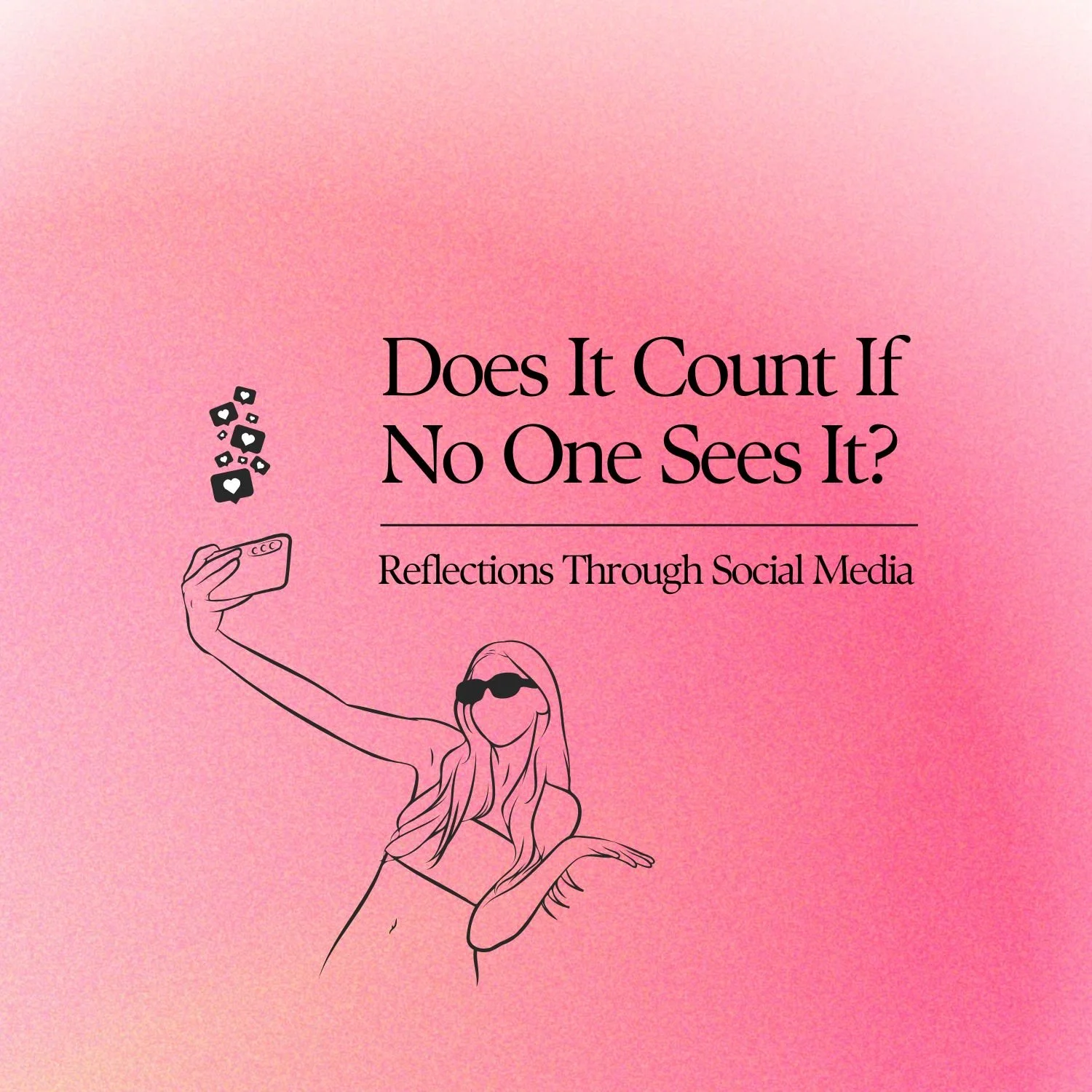
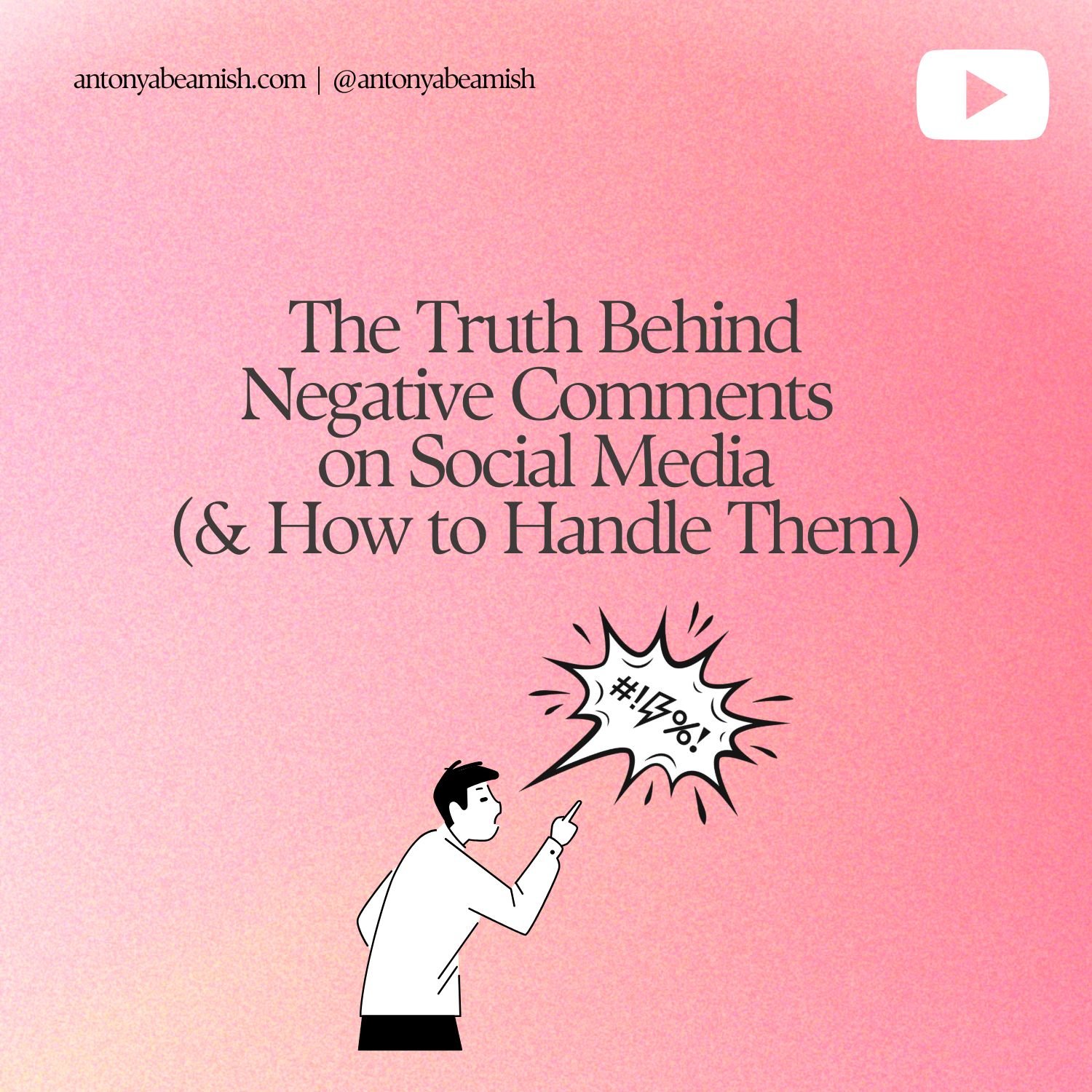
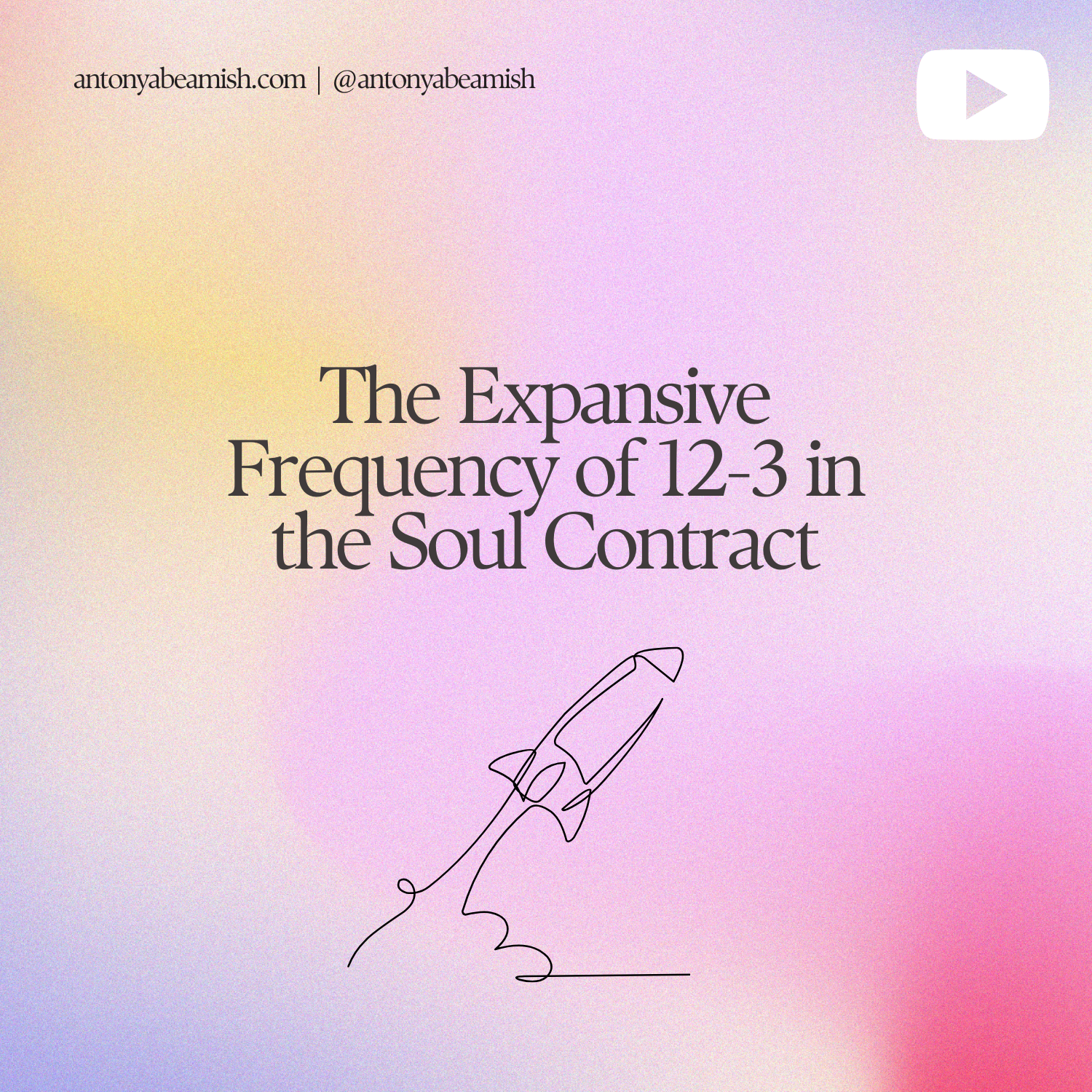
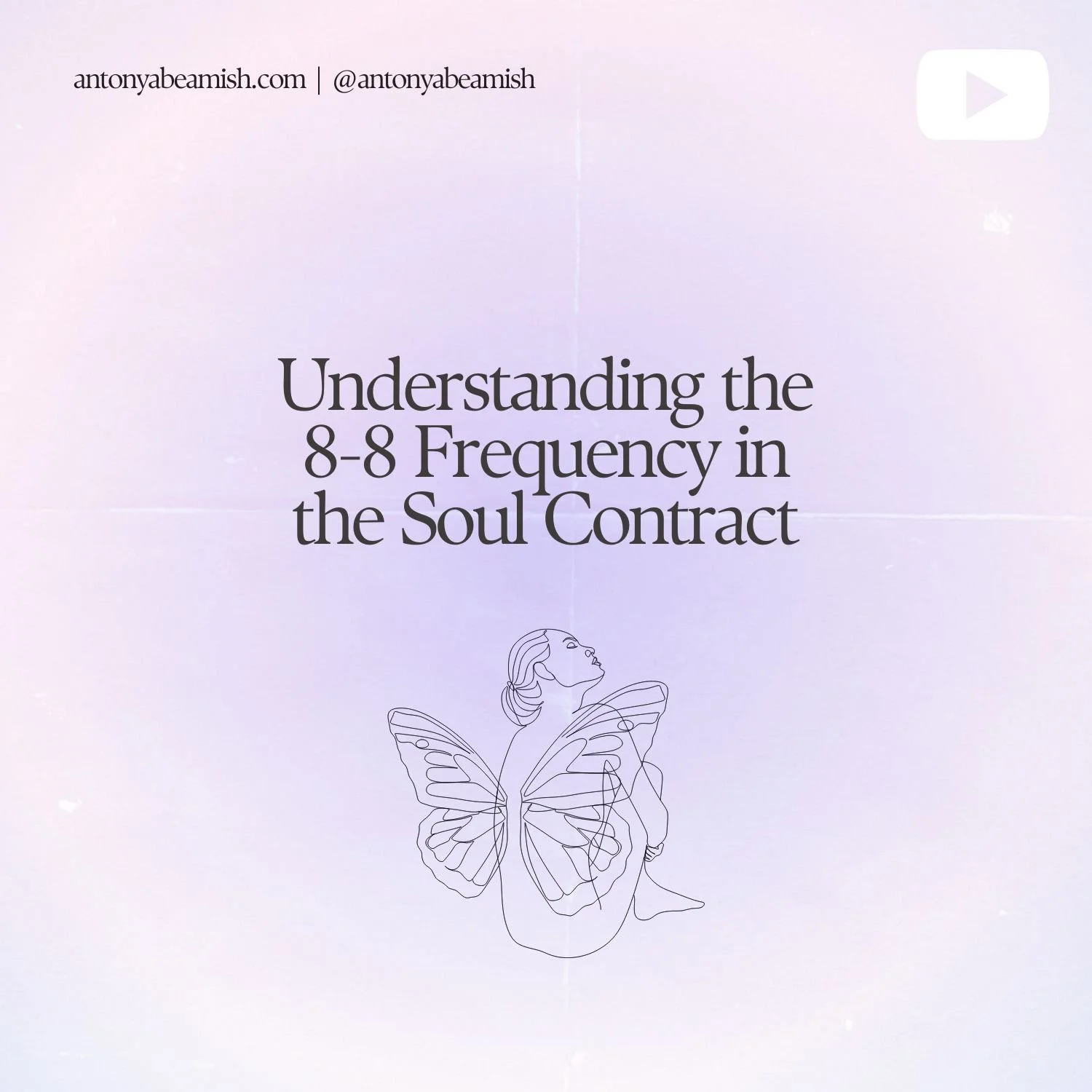
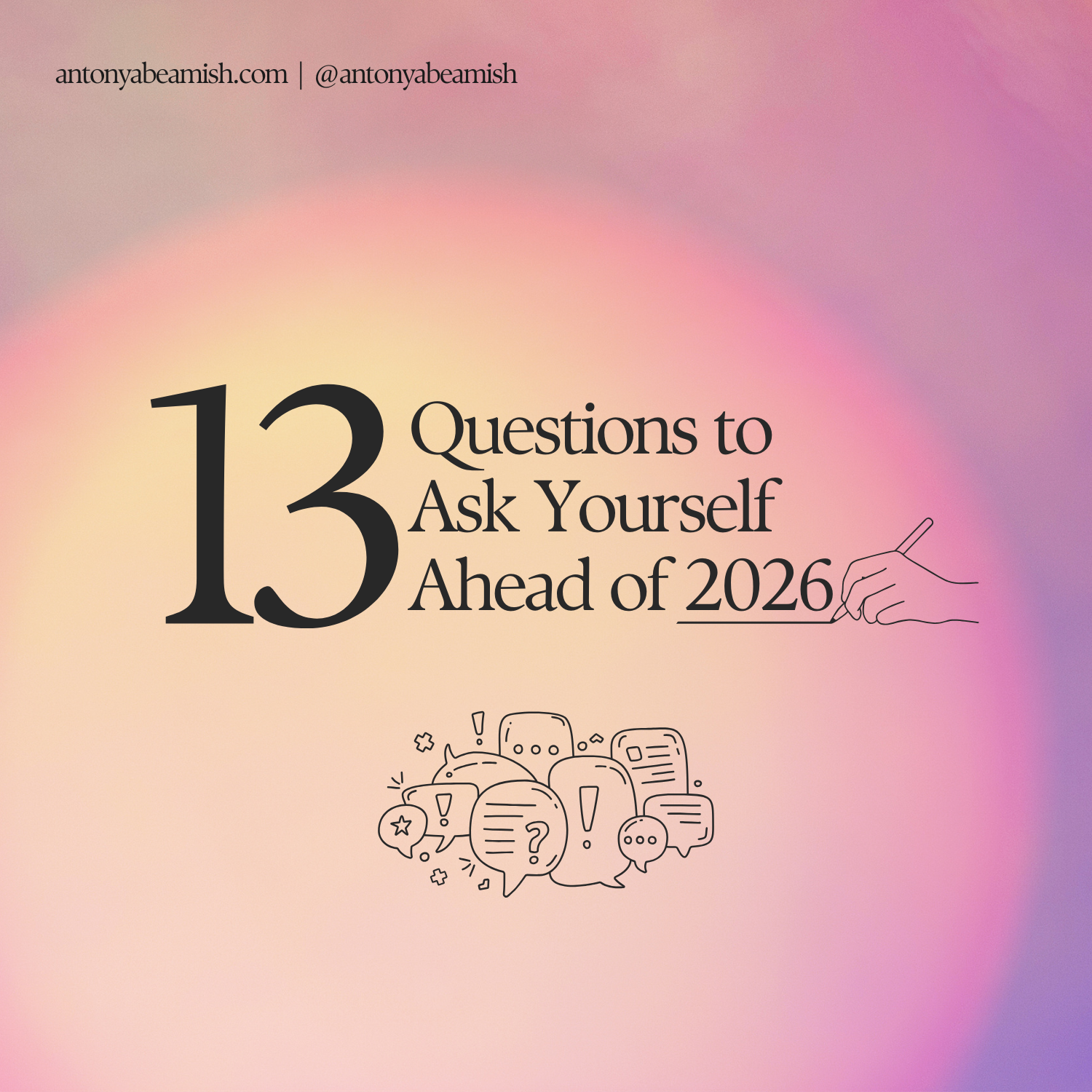








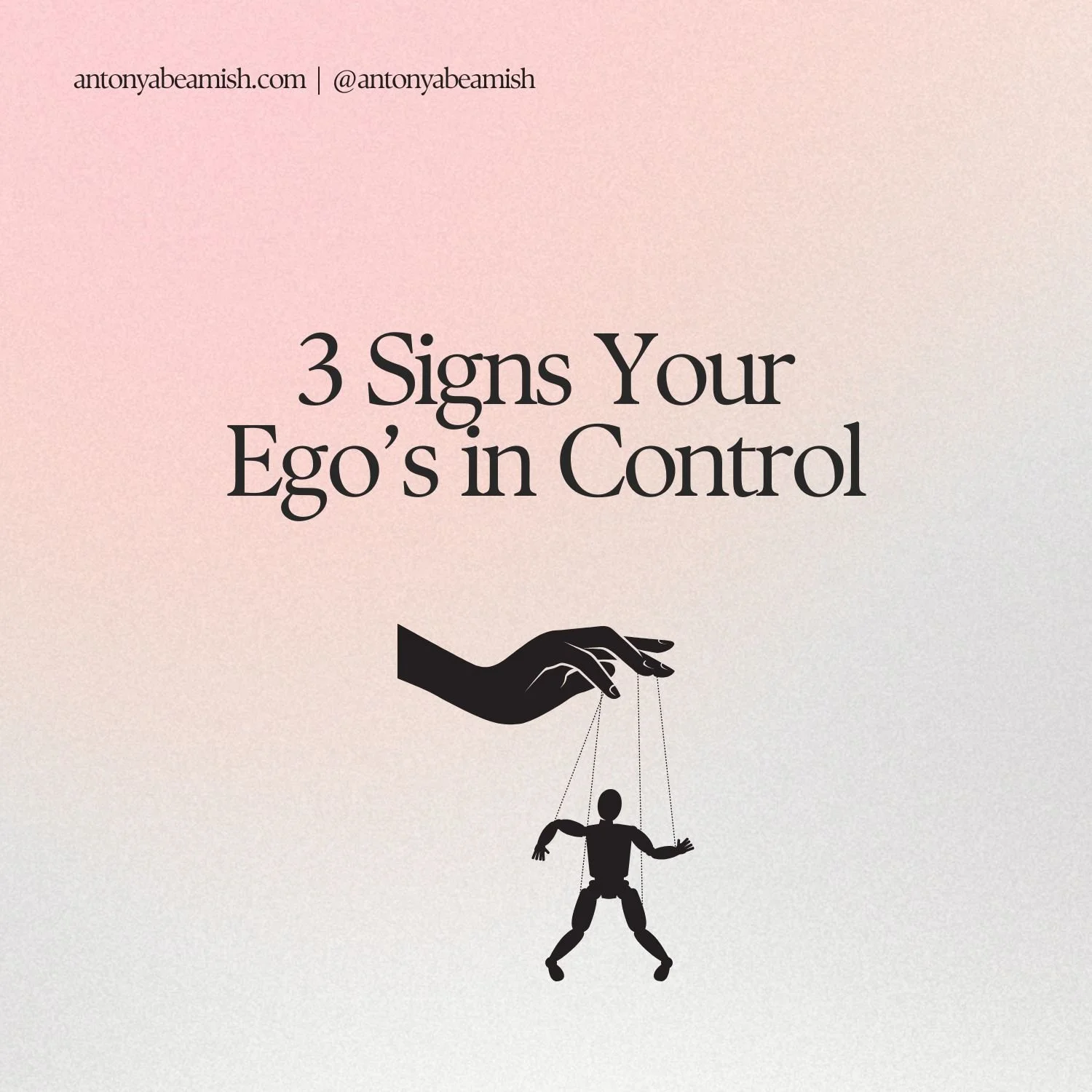


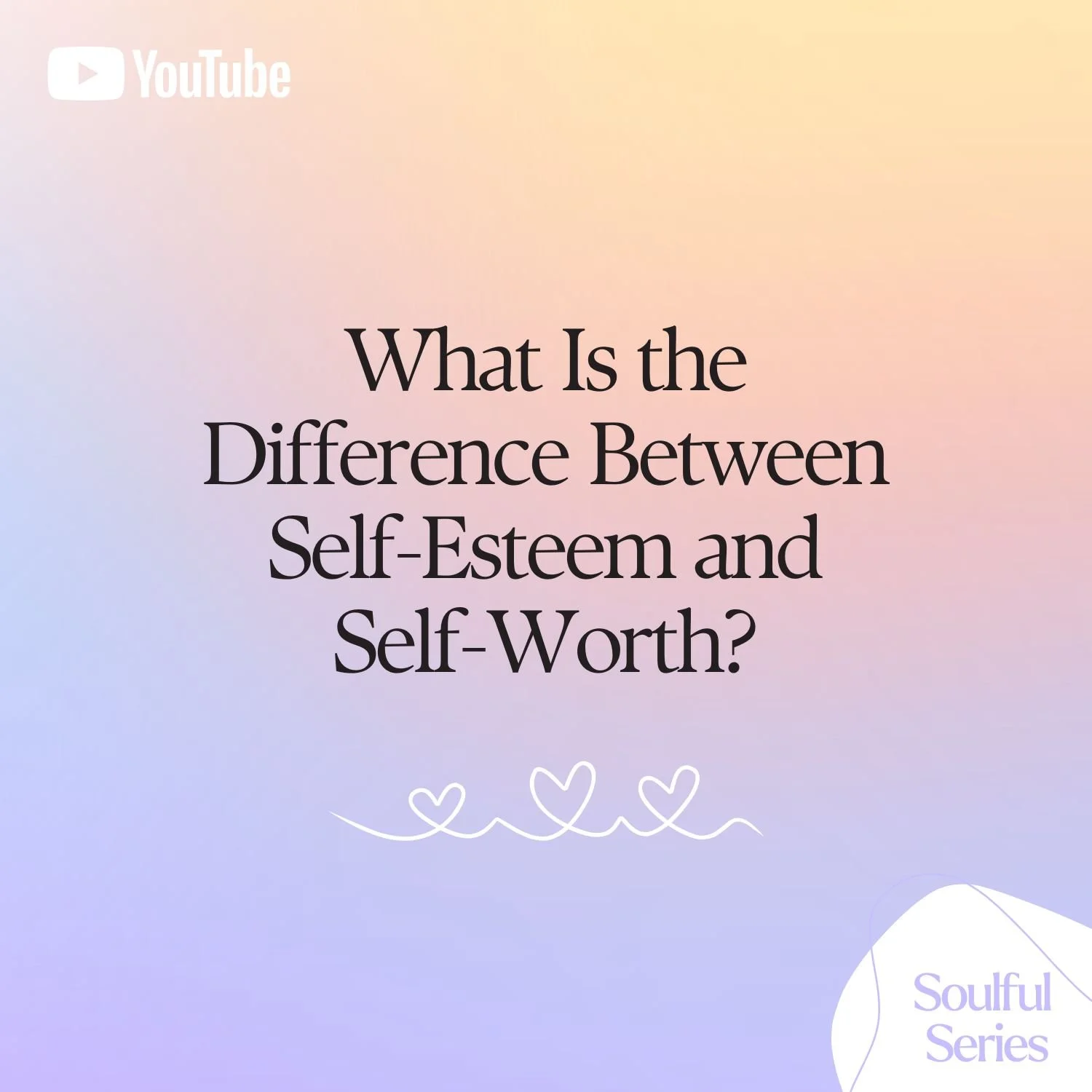



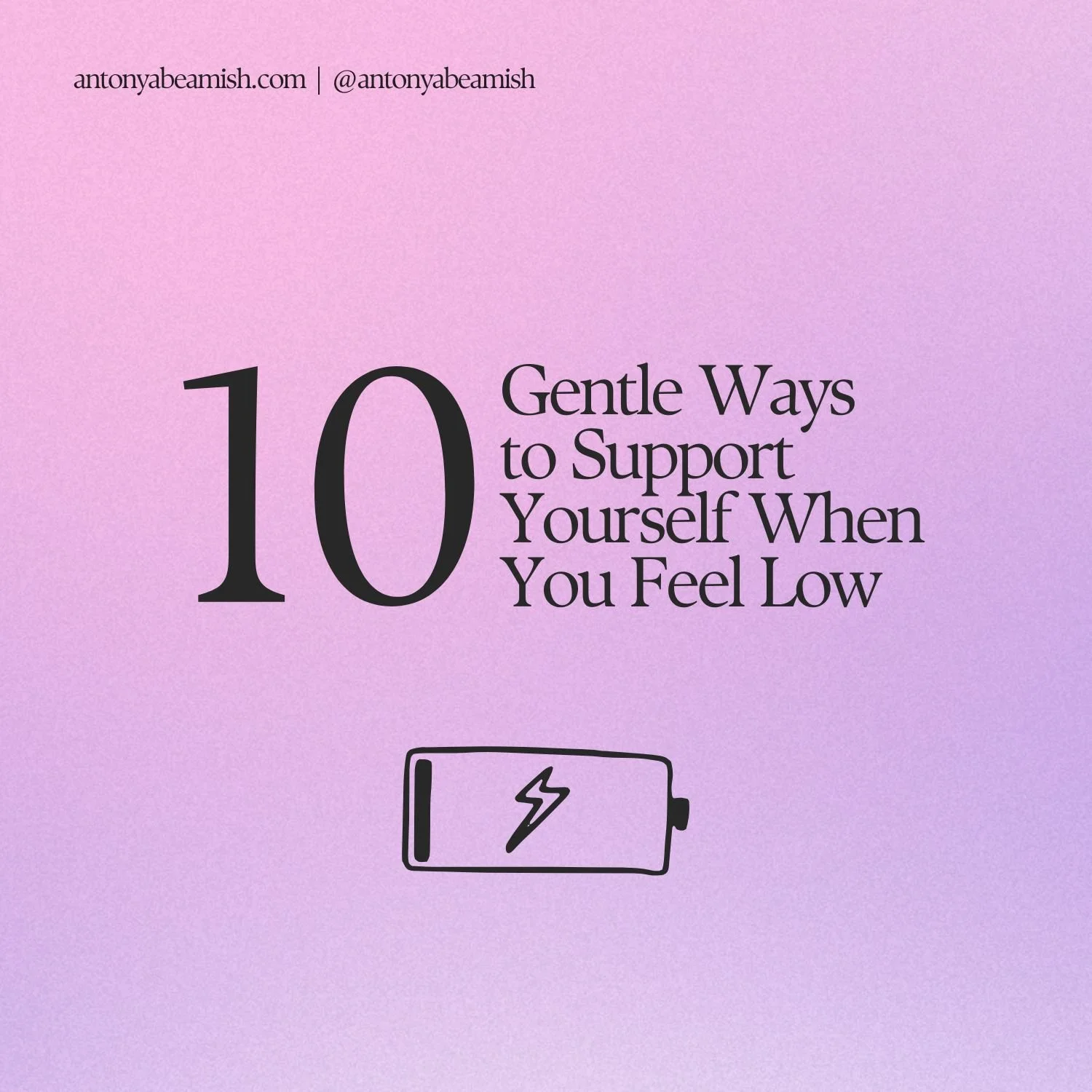
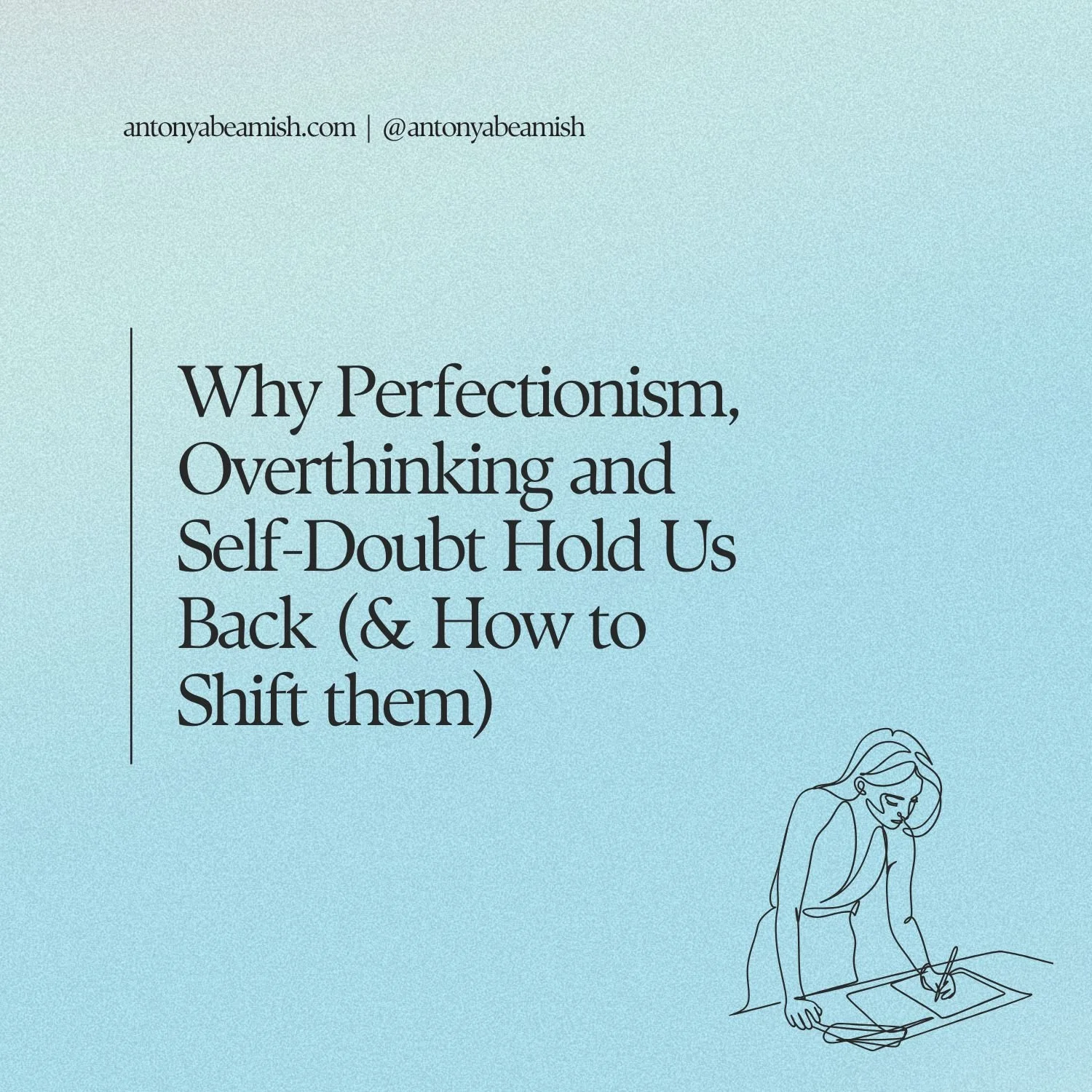








A deeper look at five of the most powerful and rarely seen Divine Healing charts. In this post, I explore Human Givens, Karmic Monads, Realising Gifts and Talents, Shadow Energies and Abundance, and how these profound charts work layer by layer to release subconscious programming and shift you at the core.